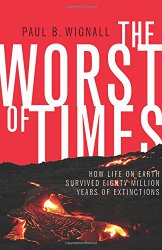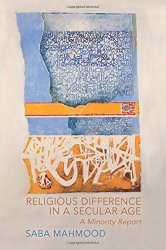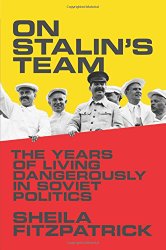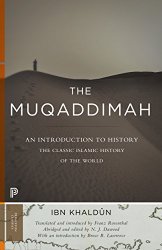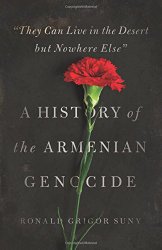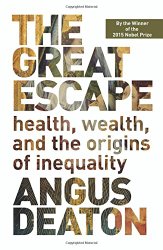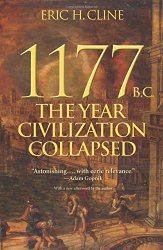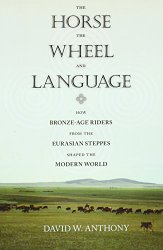The Worst of Times: How Life on Earth Survived Eighty Million Years of Extinctions
Two hundred and sixty million years ago, life on Earth suffered wave after wave of cataclysmic extinctions, with the worst–the end-Permian extinction–wiping out nearly every species on the planet. The Worst of Times delves into the mystery behind these extinctions and sheds light on the fateful role the primeval supercontinent, known as Pangea, may have played in causing …
